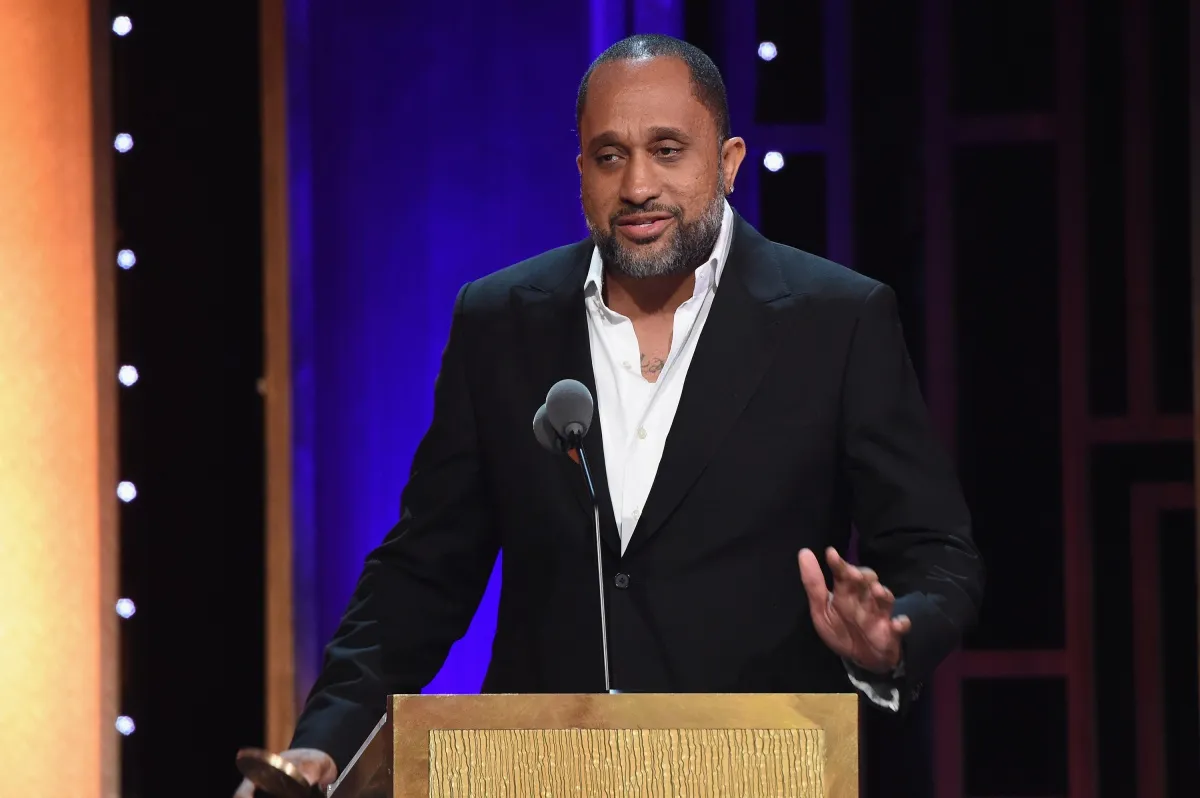Back in 2018, writer Kenya Barris signed a multi-million-dollar deal with Netflix after stepping down from his ABC show black-ish. At the time, Cindy Holland, Netflix’s VP of original content, called him “one of our great modern storytellers.”
Yet, his first Netflix series, #blackAF, was canceled (after originally being renewed) in order to be restructured as a film, according to TV Line. Barris also left this deal to make his own BET Studio, as well as launch “a new record label, podcast venture, book deal and a first-look film pact,” as THR breaks down. In the profile on Barris, he says of these choices:
“I’ll call this a diversity play, in some aspects, because it’s important to call a spade a spade,” says Barris, acknowledging that “it’s a special time in this industry if you’re Black and you have something to say.” The plan, at least as he envisions it, is to sell premium content from underrepresented voices to outlets inside and out of the ViacomCBS portfolio. Already, Barris and the writers he’s helped to recruit have ideas for Hulu, Apple, Showtime and Starz, to name only a few. “I want to do in-your-face shit,” he says with his trademark bombast. “I want to sell to everybody — and if you don’t want to work with me, I’m not saying that you’re racist, but other people might.”
Kenya Barris is a polarizing figure in entertainment. As a Black creator, his popular sitcom black-ish is often listed among the best sitcoms of all time, usually one of the handful of sitcoms to get that honor on mostly white lists. At the same time, that involves issues of colorism, his repetitive upper-middle-class lens, and appeal to that same white gaze that has labeled his show great.
In the article when it is brought up that he got a lot of criticism about #blackAF, Barris says, “Do I want Charlamagne to like my show? Yeah, I do, but I have to be honest with you, I care way less if Charlamagne likes my show than if Malcolm Gladwell does. Because my taste is my talent — and Charlamagne has his lane, and it’s a very successful lane, it’s just not the lane I want.”
Now, as someone who also wouldn’t care that much if Charlamagne liked me or not, it does ring oddly, when making a show called #blackAF and talking about those who support you, to only mention Wes Anderson and Malcolm Gladwell as the people you want approval from.
One of the things that can be hard about discussing Black shows is that regardless of who the “audience” is, for a show to be successful, it has to have some crossover appeal. So yes, making something that attracts white people, as well, is not a bad thing. It also isn’t an issue that he wants to make things that are meant to outreach.
Where Kenya Barris keeps floundering for many Black critics is failing to address the colorism in his casting, and crafting stories that are supposed to be about Black experiences and always turning them into the same upper-middle-class, colorist productions.
Barris is talented and he has a vision, but it has not expanded or grown in terms of a vision. Of course, when that single vision makes you rich, it makes it hard to expand, especially when you justify colorism as simply a reflection of your own limited vision of Black women.
(image: Mike Coppola/Getty Images for Peabody Awards)
Want more stories like this? Become a subscriber and support the site!
—The Mary Sue has a strict comment policy that forbids, but is not limited to, personal insults toward anyone, hate speech, and trolling.—










Published: Jun 24, 2021 02:45 pm